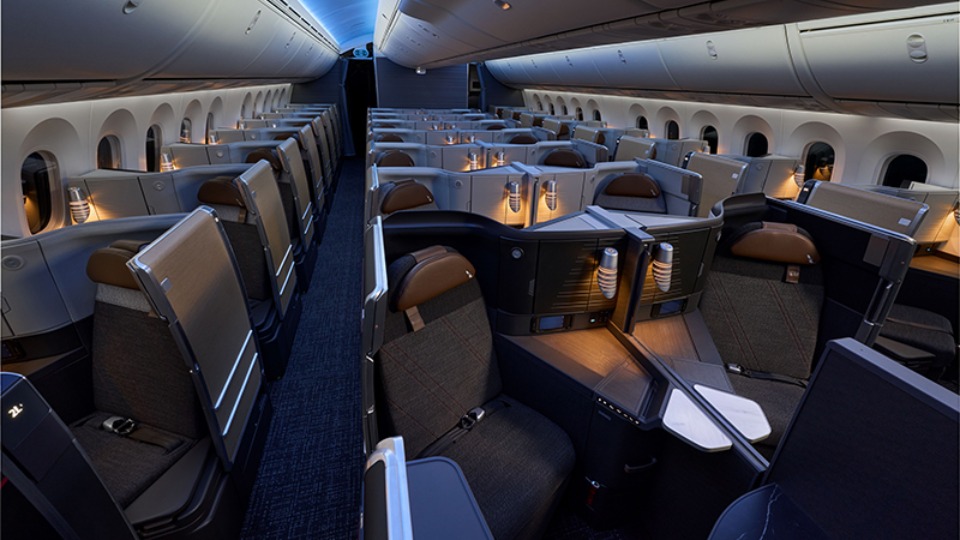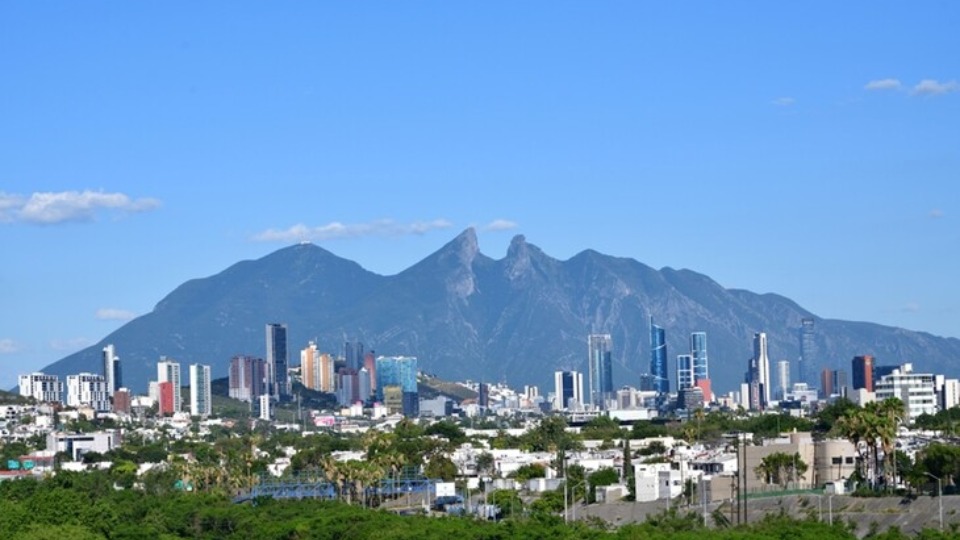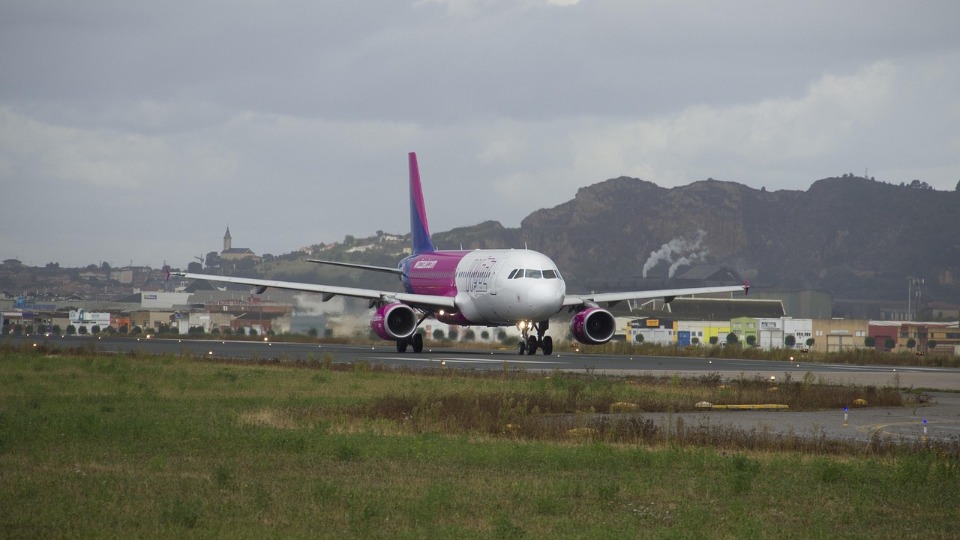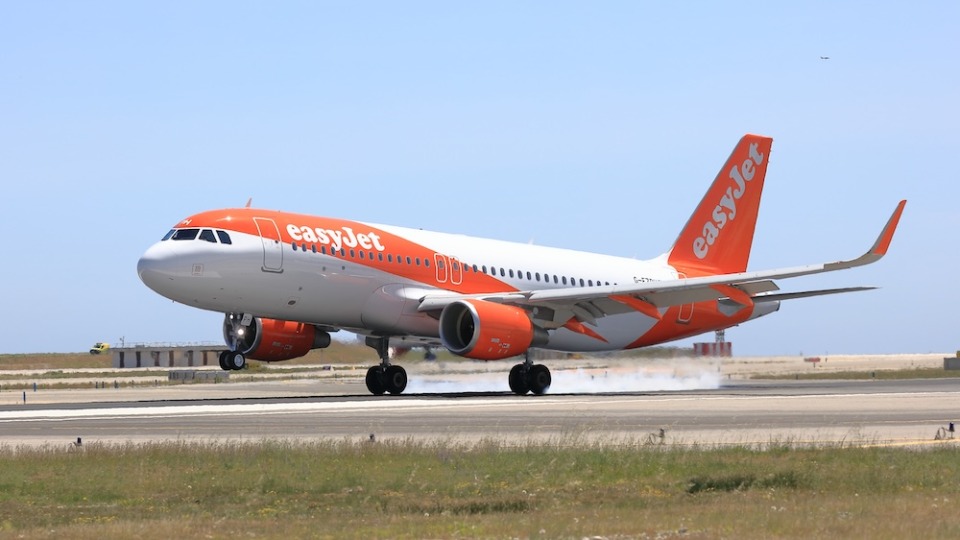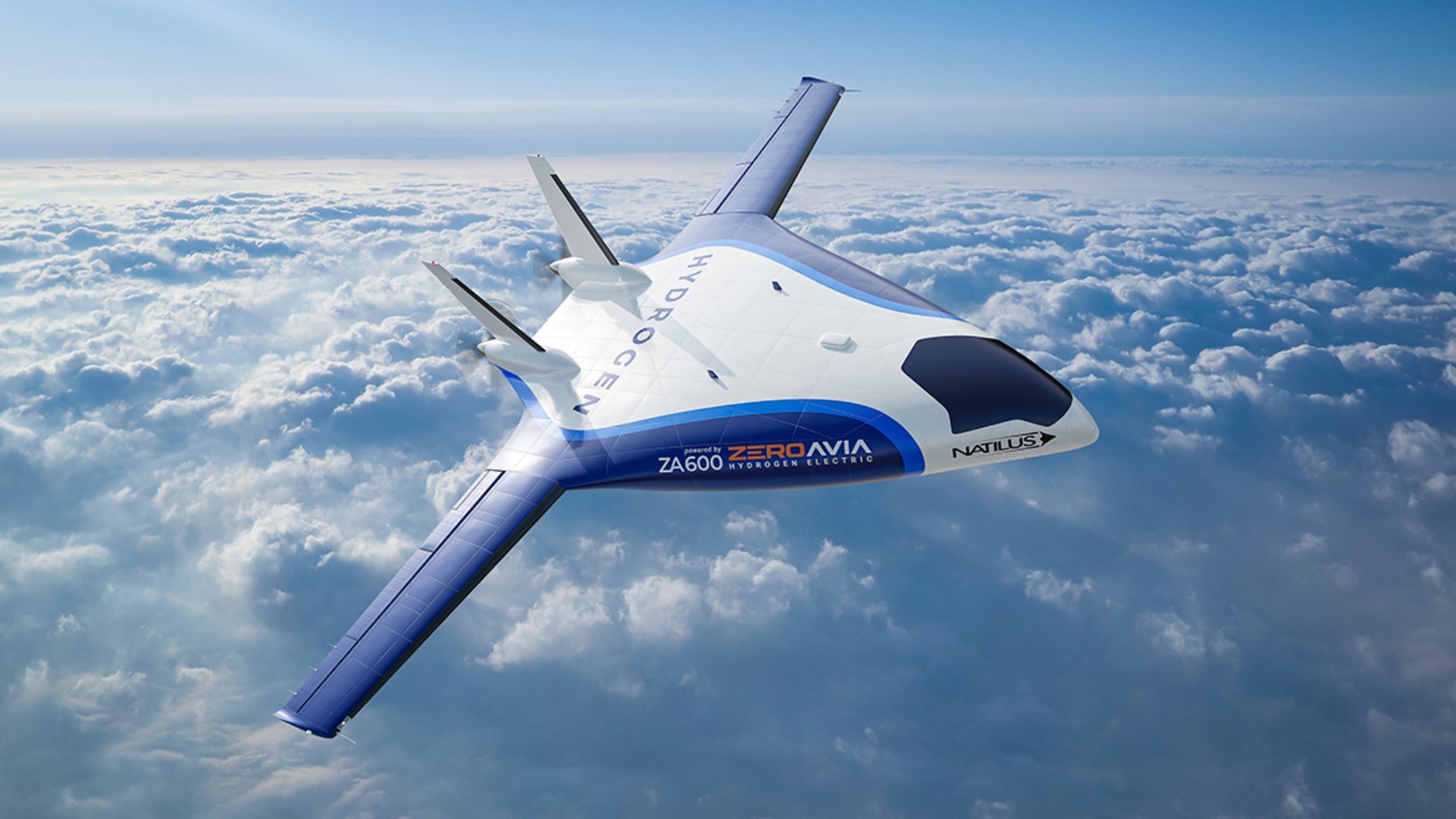
ZeroAvia Develops Airport Liquid Hydrogen Refueling Trucks

ZeroAvia secures $3.25 million in funding to create high-efficiency liquid hydrogen refueling trucks for airport deployment.
The California Energy Commission (CEC) has awarded ZeroAvia $3.25 million to innovate a pioneering mobile liquid hydrogen (LH2) refueling truck for airports, signifying a leap forward in refueling infrastructure for heavy-duty applications.
Set to initiate new operations at Livermore Municipal Airport (LVK) in Alameda County, California, this project paves the way for aviation-focused LH2 fueling demonstrations.
Pete Sandhu, CEO of Five Rivers Aviation at Livermore Municipal Airport, remarked, “Livermore is thrilled to attract the cutting-edge research and development that ZeroAvia is engaged in, leveraging our proximity to two national labs, a well-educated workforce and a capable airport. By pioneering clean and quiet aviation technologies, ZeroAvia is making the aviation industry more compatible with and valuable to our surrounding communities. We’re delighted that ZeroAvia’s CEC project will be developed and demonstrated at Livermore to showcase airports as multi-modal hubs for clean and quiet hydrogen-fueled transport.”
The endeavor involves designing and constructing a 10,000-litre mobile LH2 refueler capable of refueling aircraft as quickly as conventional jet fuels, thereby facilitating the adoption of hydrogen-powered aircraft without compromising tight scheduling.
Furthermore, the project aims at enhancing LH2 application efficiency by significantly reducing hydrogen boil-off to less than 0.1 percent per day, aligning with ZeroAvia's commitment to developing hydrogen fuel cell propulsion systems for aviation.
Val Miftakhov, Founder & CEO of ZeroAvia, emphasized the importance of this development, stating, “Given the gravity of the climate emergency, the rapid acceleration of clean engine technology using fuel cells must be met with optimised refuelling technologies and infrastructure to ensure speedy adoption. This mobile LH2 refueler project is therefore of essential importance to ZeroAvia, the wider aviation industry, and anybody working to clean up heavy duty transportation.”
ZeroAvia's strategy includes rolling out its hydrogen-electric engines (ZA600) for smaller aircraft by 2025 and scaling up to larger commercial aircraft requiring cryogenic liquid hydrogen for extended range and efficiency.
In partnership with Alaska Airlines, ZeroAvia is working on the ZA2000 engine family for larger aircraft, aiming for a 2027 launch to accommodate substantial LH2 storage for up to 700 nautical miles, marking a significant step towards cleaner commercial aviation.



